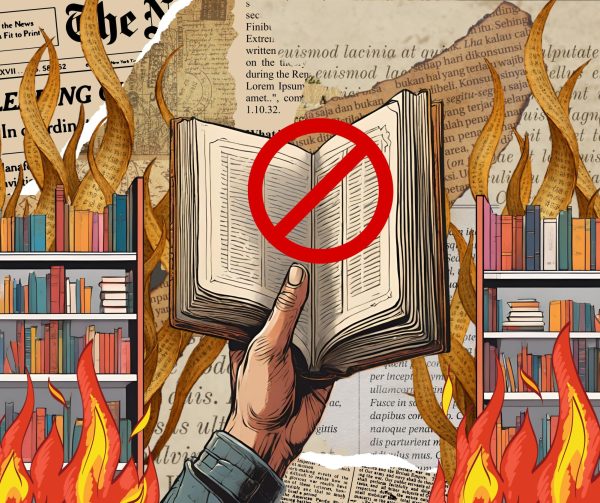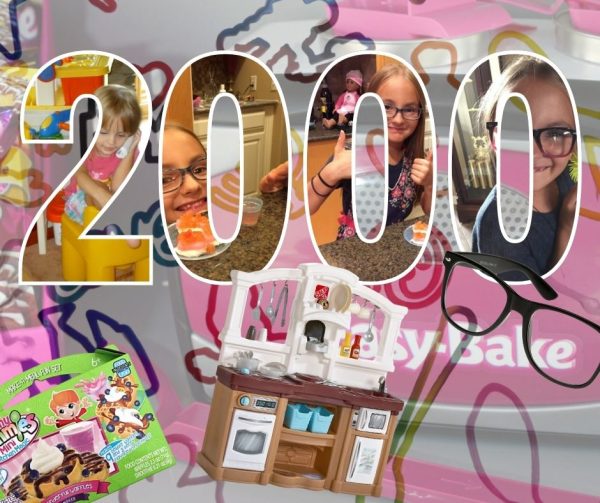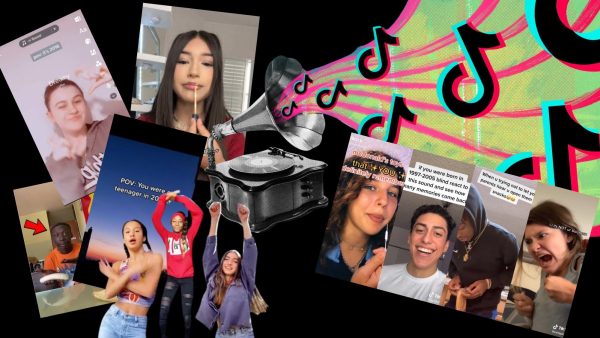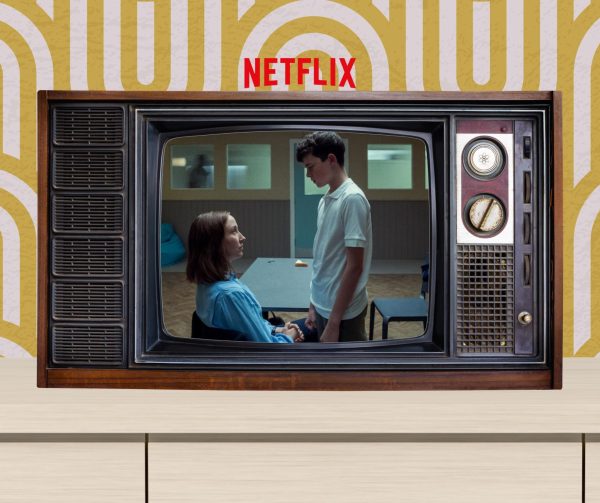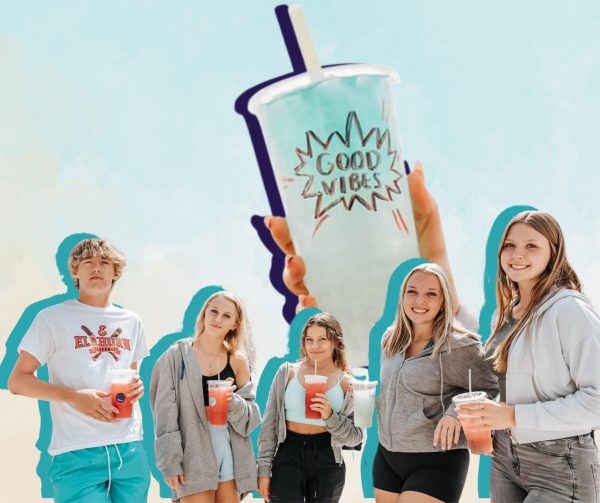Substance Abuse
Rates of substance abuse among teens and adults grow more every year. As more and more studies come out showing the negative side effects that drugs and alcohol elicit, usage becomes more of a regular thing. Why is it a common practice?
Stresses among teens and young adults have become unbearable and drug abuse has become more publicized, leading to the correlation that substances must make life better.
With the amount of homework that students are given and the struggles that come with being a student fresh out of college, dealing with the problems that life hands us has become much harder than originally thought.
Statistics show that 4% of America’s teenage (ages 12-17) population struggle with substance use disorder. This translates to 992,000 juvenile instances of substance abuse (Addiction Center).
Why is this so normalized? What makes someone decide to pick up a substance that can change their life? In all honesty, I don’t know.
I’m no doctor. I don’t have a professional degree. I am simply a 17 year old girl that sees things from a different perspective.
As curious individuals, high school students are all about experimentation. Lessons can be taught over and over again, but things such as consequences of drug abuse, aren’t truly learned until personally experienced.
Unfortunately, we live in a society where drug use is publicized. Social media goes rampant and viewers eat this stuff up like dessert.
In reality, only about 10% of the population struggles with substance abuse, but it feels so much bigger when you’re stuck in the middle of it all. Between peer pressure and curious nature, these things tend to get the best of young adults.
When it seems as if everyone else is doing it, saying no becomes much harder. Why would someone intentionally place themselves in a position of noticeable difference? The real answer: most won’t.
I personally think that substance abuse appears prevalent because of how normalized we make it seem. In reality, 90% of people don’t struggle with addiction or abuse, but those aren’t the people featured in the news (Addiction Center).
People see the news or scroll through social media and just assume that this is what real life looks like. Being different is a hard role to play as a young adult, and by the time people reach the necessary maturity level to understand their mistakes, it’s too late.
Along with the power of saying “no” and the consequences of substance abuse, I think that health classes should teach the importance of sticking out.
Saying no is an important skill, but dealing with the feelings that follow that can be just as challenging. If students were equipped with the proper coping mechanisms for embracing individuality, it may be easier to avoid normalization.

My name is Calli Gregory and I am a Senior Design Editor. This is my second year on the staff!



